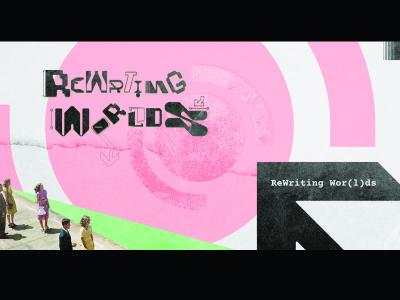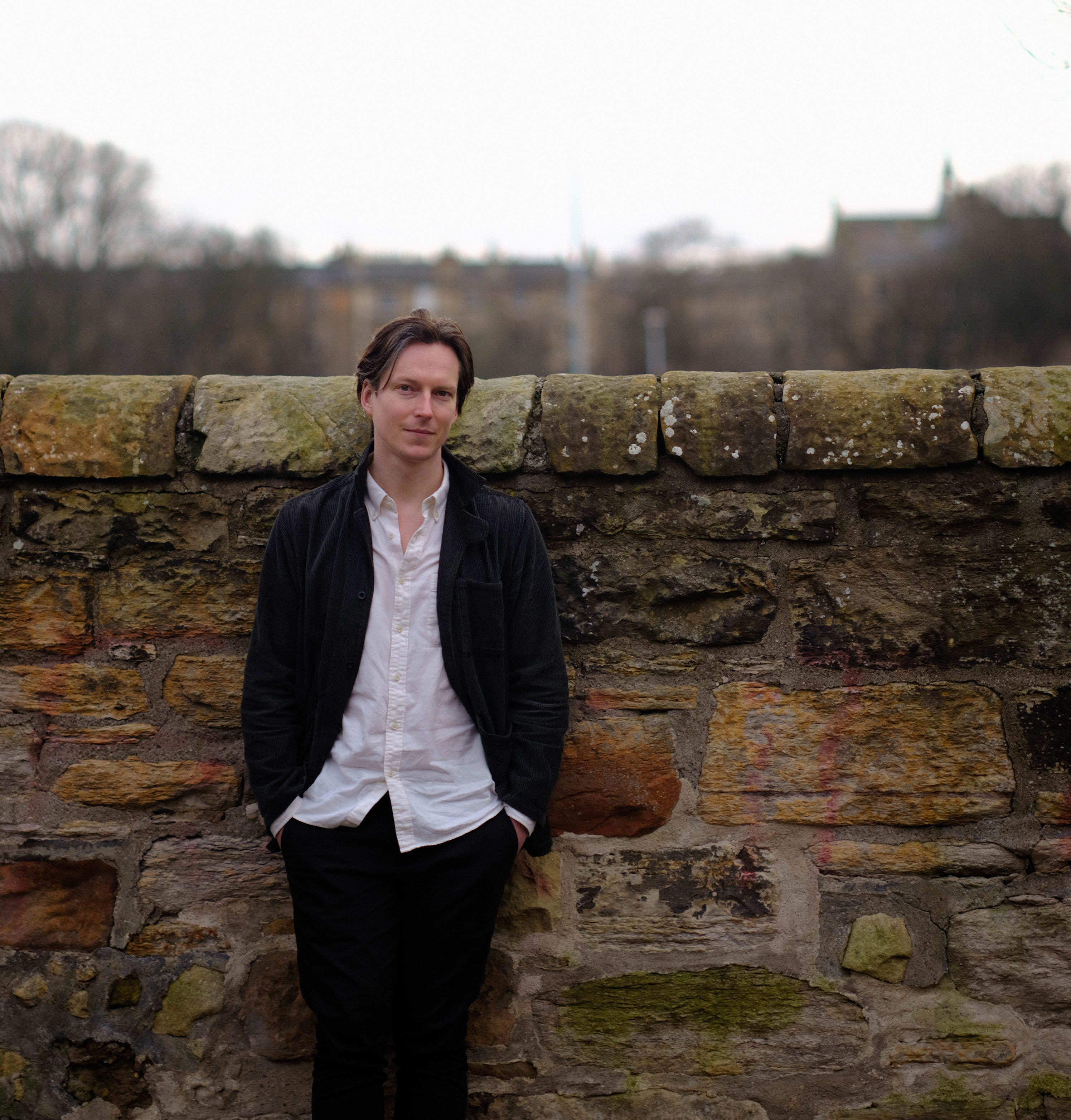
The Institute is delighted to announce that IASH Affiliate and Lecturer in Creative Writing Dr Patrick Errington has been awarded over £2 million by UKRI’s prestigious Future Leaders Fellowships for his project Rewriting Wor(l)ds. This 4-7–year project is, in the words of Research Lead Errington, dedicated to exploring “how creative, play-based interaction with poetry can enhance young people’s aesthetic experience and understanding of the form, promote long-term literacy engagement, and improve daily wellbeing.”
The design of this transdisciplinary and participatory project embodies many of IASH’s values, from its integration of methods and insights from fields as diverse as literary theory, education research, and neuroaesthetics and health research, to its centring of lived experience through its community co-production. Not only will the project be embedded in research centres across the University of Edinburgh, including IASH and the Edinburgh Futures Institute, but it will also integrated into the wider community through partnerships with tech industry (Playable Technology), literacy and literature organisations (The Poetry Society, the National Literacy Trust, the National Poetry Centre), libraries (Scottish Poetry Library, the Chartered Institute of Librarian and Information Professionals), and festivals (Push the Boat Out, StAnza).
One of the project’s central outputs is the creation of a mobile application called ReWriter, which will provide young people all over the world not just with poems to read, but with prompts to creatively interact with them through activities like versioning, remixing, and rewriting, as well as opportunities to share the work produced. “It’s meant to highlight how reading is always a cocreation between reader and text rather than just something we do passively,” Patrick explains, “thereby enhancing readers’ experience of poetry. It’s an opportunity for young people to literally write themselves into the worlds they read.”
Reflecting on the Fellowship, Patrick notes: “Funding on this scale is so rare in the humanities and represents an incredible opportunity to put into practice many things my colleagues and I at the Literacy Lab call for in our recent ‘Future of Books and Reading’ paper – drawing together methods, disciplinary perspectives, experts by lived experience, and a wide range of partners to show how literature can make a real positive difference in the way young people engage with words and with the world.”
You can follow the project’s progress on the ‘Rewriting Wor(l)ds’ website: https://rewriting-worlds.ed.ac.uk. You can also read the ‘Future of Books and Reading’ paper via the Literacy Lab webpage (https://blogs.ed.ac.uk/literacylab/).

